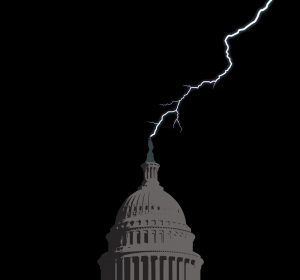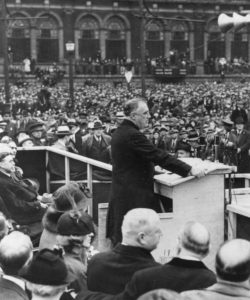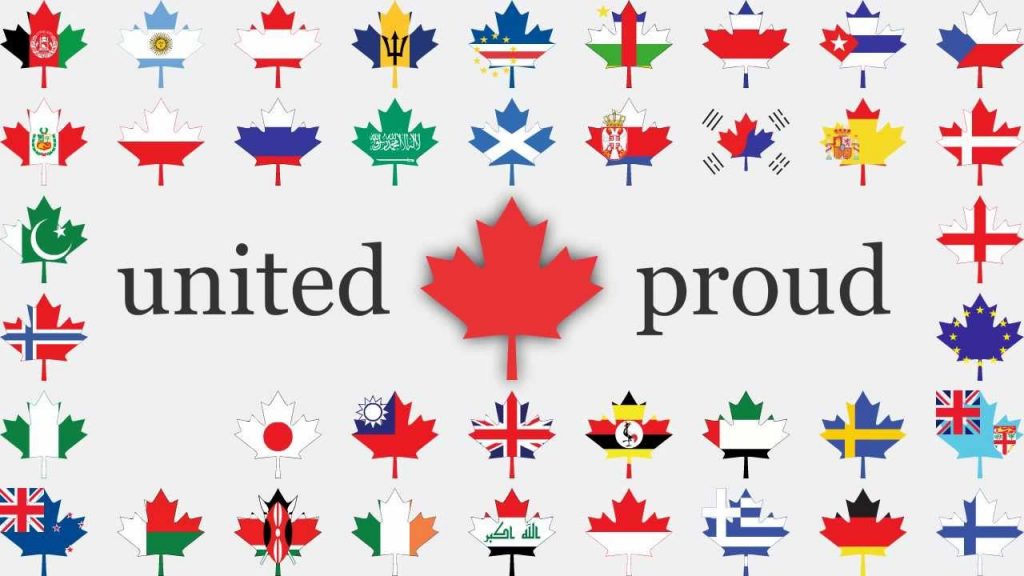…If Roosevelt were delivering his Four Freedoms speech today, “he probably would have come up with more than four basic freedoms… That being said, the world as we know it and the needs of humans as we know them still can fit into his four freedoms… Maybe the simplicity of the four freedoms is something to bring us back to looking at what the core rights are and how to focus on ensuring those core rights are fulfilled.”
Read more on the U.S. State Department’s “Share America” site:

 By Frank Bruni
By Frank Bruni
